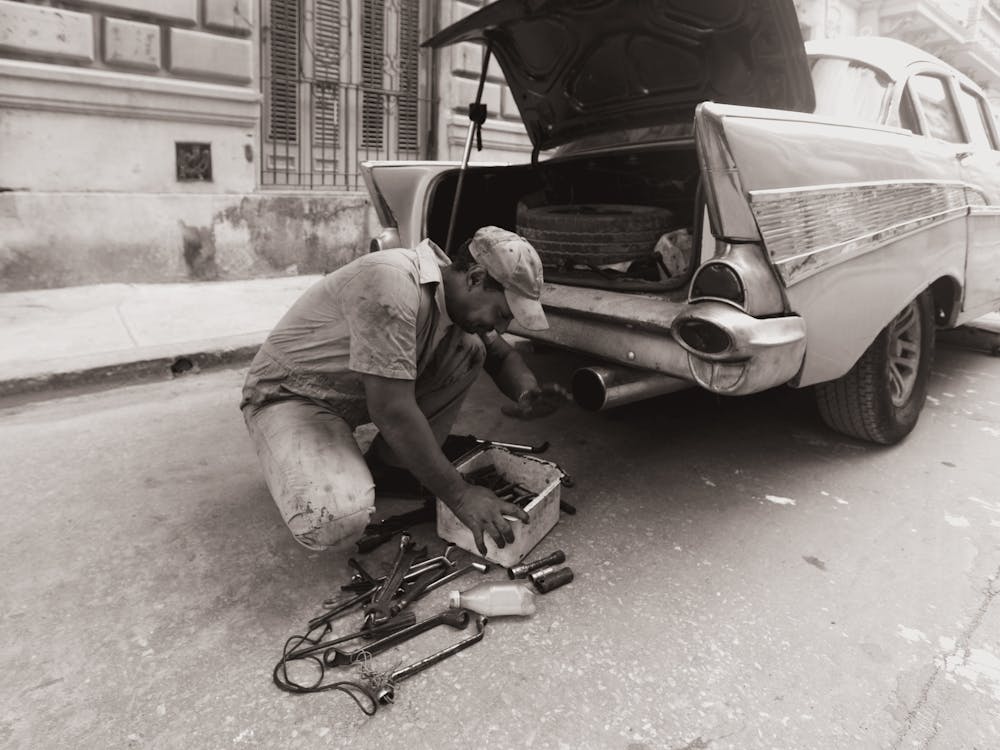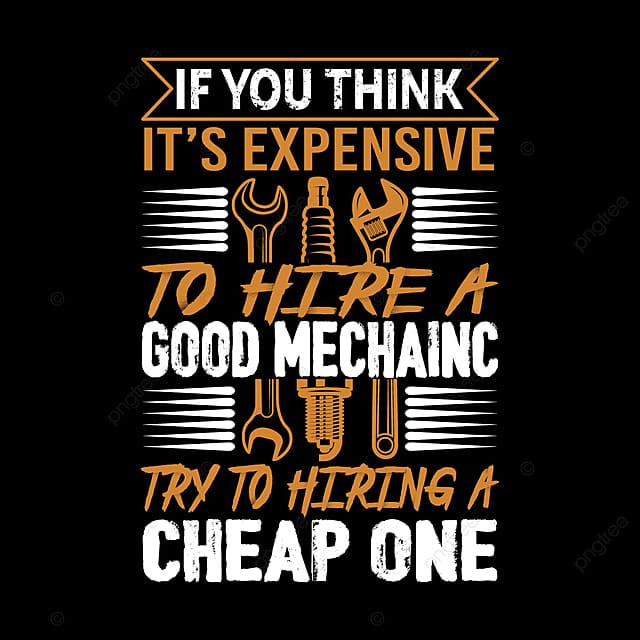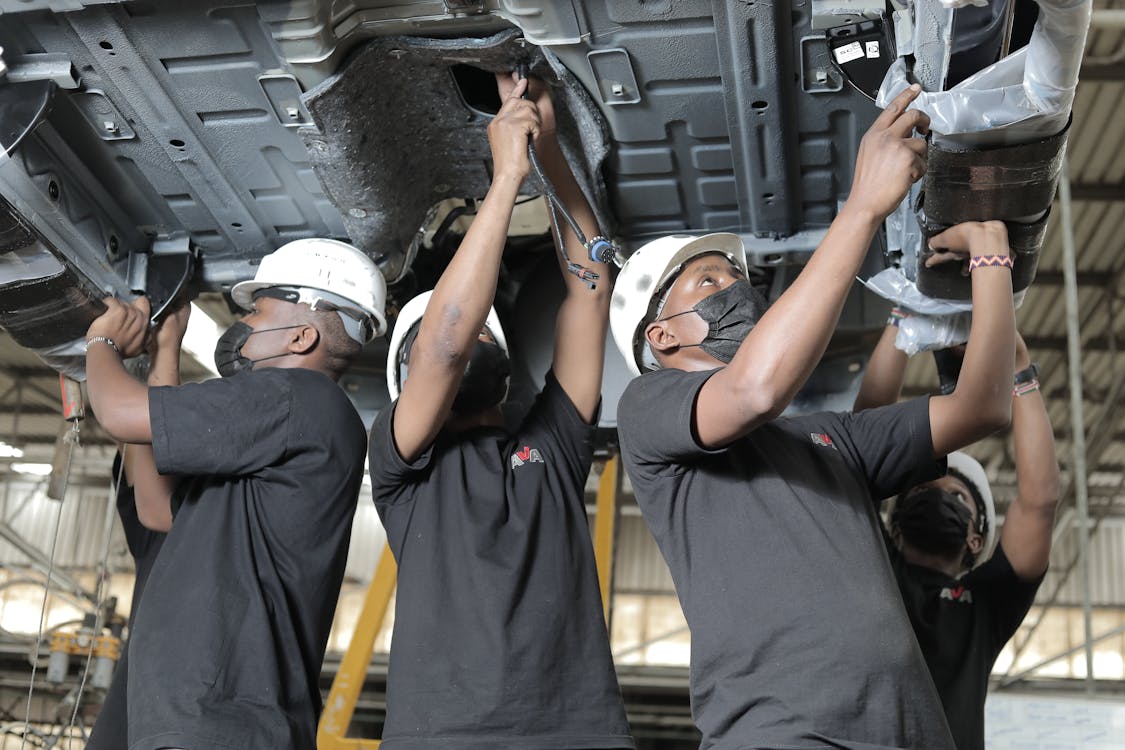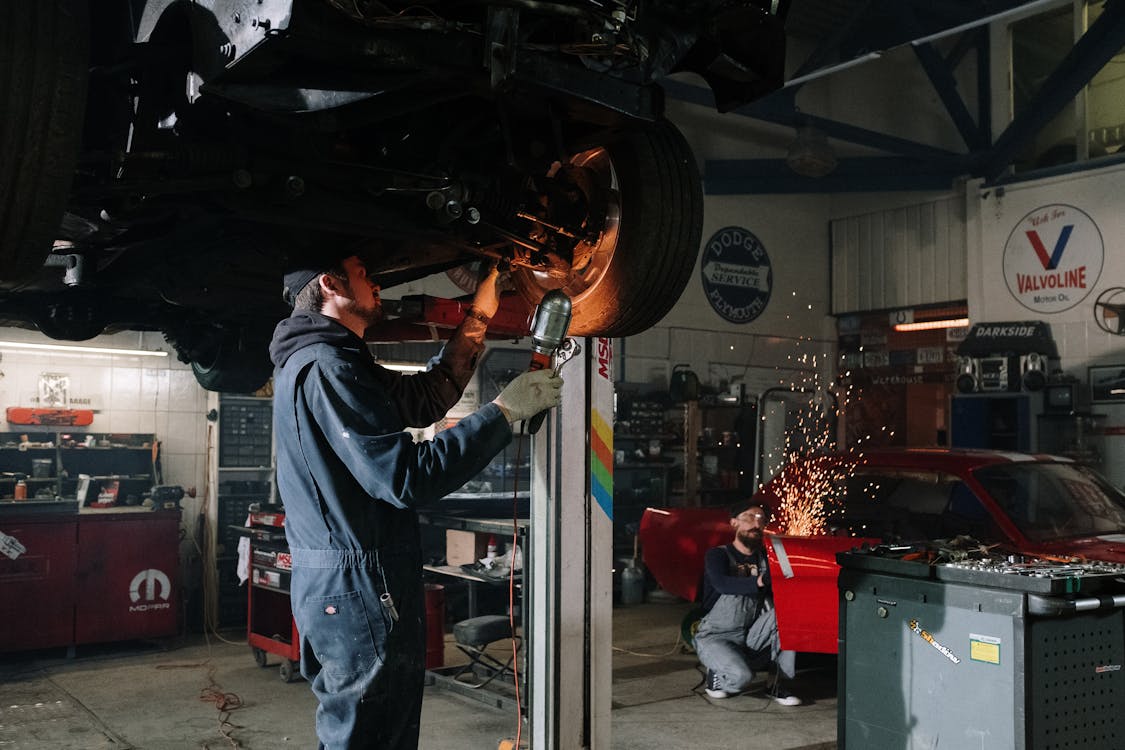16 Tips For Getting The Best Garage In Nairobi, Kenya For You

You know that sinking feeling when your check engine light keeps mysteriously blinking and you don't have a trusted mechanic in mind? We've all been there - watching that little orange light mock us from the dashboard while mentally contemplating where to get the right mechanic. In Kenya, finding a reliable mechanic is tricky, but not impossible. Whether you've been traumatized by the "fundi" who fixed your brakes by making them permanently engaged, or you're just tired of mechanics whose solution to every problem is "tutaangalia" (we'll see), these 16 tips will help you find a mechanic who won't turn your car troubles into a horror story.
Table of Contents
- Word of Mouth and Recommendations
- Assessing the Garage: Cleanliness and Organization
- Test the Mechanic with a "False Problem"
- Avoid the Cheapest Workshop
- Mechanics Should Show You the Problem
- Look for Longevity in the Business
- Understand the Parts Being Replaced
- Busy Shops: A Good Sign or a Warning?
- The Importance of Communication
- Building a Relationship with Your Mechanic
- Understanding "Book Time" and Labor Costs
- Have a Mechanic Inspect Any Used Car You Buy
- Brand-Specific Garages
- Learn Basic Car Maintenance
- Tipping for Major Jobs
- Referring Your Mechanic to Others
1.Word of Mouth and Recommendations
The easiest and most reliable way to find a good mechanic in Kenya is through recommendations from friends, family, or online groups. Vehicle owner forums and brand-specific groups can point you toward trusted mechanics who specialize in your car model and are spread out across the country. They are likely to give you a solid recommendation for a local specialist, saving you time and ensuring you don’t gamble on poor-quality service.
2.Assessing the Garage: Cleanliness and Organization
A clean and organized garage is a strong indicator of a professional mechanic. While the working area may be cluttered when handling a big job, the rest of the shop should be orderly. A tidy environment reflects the garage's overall efficiency, management style, and commitment to professionalism. It's a quick and often overlooked way to assess the quality of a shop.
3.Test the Mechanic with a "False Problem"
If you don't have personal recommendations or reviews to go on, consider taking your car in when nothing is wrong. Offer a vague explanation of an issue and observe what they come back with after checking the vehicle. Honest mechanics will tell you that there’s no problem, while dishonest ones may try to charge you for unnecessary repairs.
4. Avoid the Cheapest Workshop

It may be tempting to go for the cheapest mechanic, but in most cases, this will cost you more in the long run. Quality service, trained staff, and specialized tools come at a price. Mechanics who charge significantly less may be cutting corners, using low-quality parts, or lack the experience needed to do a thorough job.
5. Mechanics Should Show You the Problem
A good mechanic will have no issue with bringing you into the garage to show you exactly where the problem lies. They should be able to explain why a part needs replacing and how it affects your car’s performance or safety. Transparency is key to building trust and ensuring you're not overcharged for unnecessary repairs.
6. Look for Longevity in the Business
Garages that have been in business for several years often have a proven track record. If they weren’t good, they wouldn’t have lasted. Independent outlets that have been around for years offer consistency and reliability, and their survival in the market means they’re doing something right.
7. Understand the Parts Being Replaced
Make sure you understand what each part does and why it’s being replaced. If your mechanic is unable or unwilling to explain this clearly, consider looking elsewhere. Being vague or evasive about the reason for a repair is a red flag. You should be able to leave the garage fully aware of what was done to your car and why it matters.
8. Busy Shops: A Good Sign or a Warning?

If a garage is always busy, it usually means they have many repeat customers. While this is a good sign, it can also mean they’re under pressure to rush jobs. Be cautious of overly busy garages, but if they have consistently good reviews, the high demand may indicate quality service.
9. The Importance of Communication
Clear communication is crucial. Mechanics who fail to give timely updates on your car's progress are problematic. For instance, if a shop completes your car repair but doesn’t notify you, that’s a sign of poor communication. Mechanics who keep you in the loop build trust and keep you informed about your car’s status.
10. Building a Relationship with Your Mechanic
Building a long-term relationship with your mechanic ensures they know you and your car, which can result in faster service and even the possibility of discounts. Over time, as a loyal customer, you may receive priority treatment, or they might waive small fees or charges.
11.Understanding "Book Time" and Labor Costs
Mechanics often charge based on "book time," the estimated hours a job should take according to industry standards. For example, a transmission replacement might be listed as a 10-hour job. Even if the mechanic completes the job in less time, you’ll pay for the quoted hours. By building a relationship, your mechanic may offer a discounted labor rate or explain how to avoid unnecessary charges.
12.Have a Mechanic Inspect Any Used Car You Buy

Before purchasing a used car, take it to a trusted mechanic for a thorough inspection. This can save you from buying a vehicle with hidden issues and will ensure that you're making a smart investment. Some dealerships may try to rip you off with poorly installed parts, so having your own mechanic check the car
is crucial.
13.Brand-Specific Garages
Some mechanics specialize in certain brands of cars. These specialists have more experience with your specific model, are more likely to diagnose problems faster, and may offer better long-term maintenance. Brand enthusiasts running these shops also tend to be more passionate about getting it right, ensuring your vehicle runs smoothly.
14.Learn Basic Car Maintenance
It's always useful to know basic car maintenance, such as how to change oil, check tire pressure, or replace spark plugs. Understanding these simple tasks will help you spot when things go wrong and could prevent unnecessary trips to the mechanic.
15.Tipping for Major Jobs
Tipping for major repairs, especially during busy seasons, is a nice gesture. Mechanics appreciate small acts of kindness, like gift cards or small tokens of appreciation. Establishing a good rapport with your mechanic can lead to better service and faster turnaround times.
16.Referring Your Mechanic to Others
Once you’ve found a good mechanic, refer them to your friends. Not only will you help others find quality service, but your mechanic will appreciate the business and, in turn, continue to take great care of your vehicle.
In conclusion, finding and maintaining a good mechanic in Kenya may seem like a challenge, but by following these tips, you can ensure that your car is in safe and capable hands.
WHO IS A GOOD MECHANIC? A great mechanic is someone who is transparent, trustworthy, and invested in keeping your car in the best condition possible.
For expert advice or assistance with vehicle maintenance, contact Kifedha today. We can connect you with trusted mechanics across Kenya and ensure that you get the best service for your vehicle.
Remember, Kifedha is your go-to solution for fast and reliable financing.
If you’re looking for a quick and reliable financial solution, contact us through our contact form, call us on +254791573231 or visit one of our branches across Nairobi, Kiambu, Machakos, and Kajiado counties to explore your financial opportunities.




Comments ()